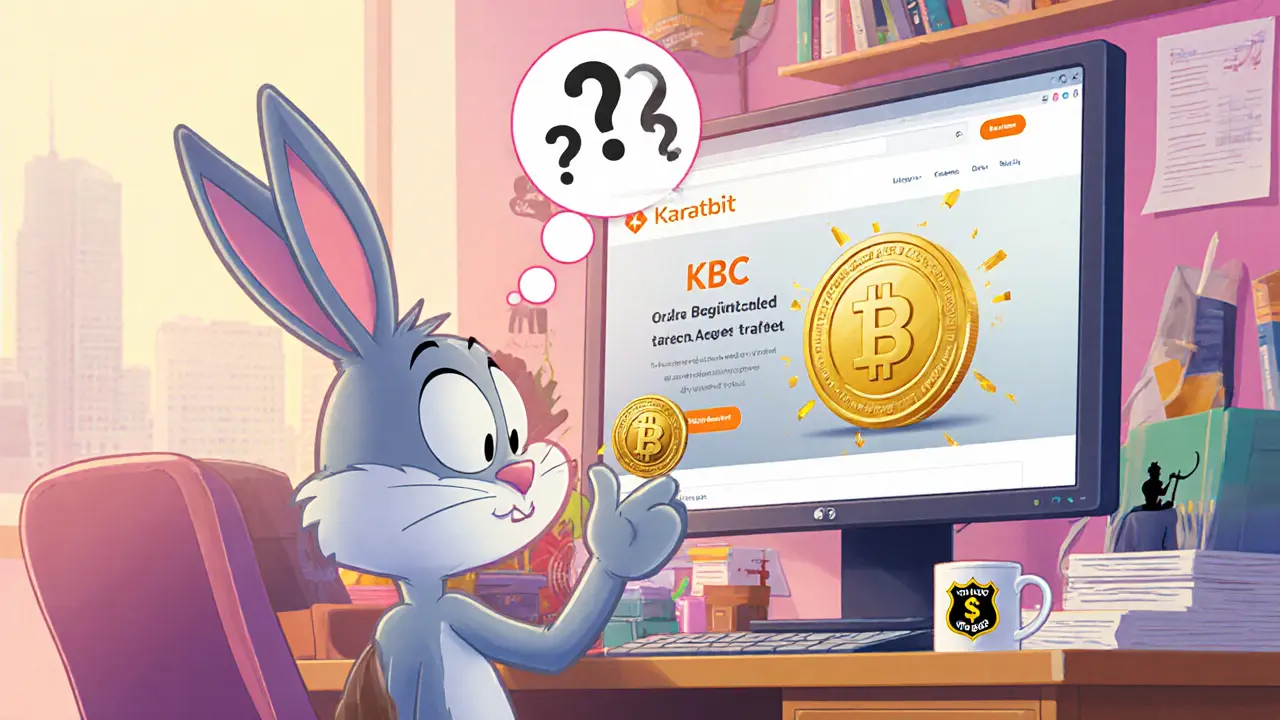Unregulated Exchange: What You Need to Know
When dealing with unregulated exchange, a platform that operates without official licensing or oversight from financial authorities. Also known as off‑shore crypto marketplace, it often bypasses AML/KYC rules, leaving users exposed to fraud and sudden shutdowns.
Because there’s no regulator watching the books, these platforms can change fee structures overnight, freeze withdrawals, or disappear with user funds. A common attraction is the promise of free tokens – many crypto airdrop, a distribution event where tokens are given away for completing simple tasks. Also called token giveaway, airdrops thrive on unregulated exchanges that need hype without the cost of compliance. The trade‑off is higher risk: the same loophole that lets a project launch an airdrop can also let scammers run phishing campaigns or hijack user wallets. Understanding this cause‑effect relationship helps you decide whether the potential upside outweighs the danger.
How Reviews, Decentralization, and Compliance Shape the Landscape
When you spot a unregulated exchange, the first step is to check an exchange review, a detailed analysis that rates a platform on security, fees, user experience, and legal status. Reviews often label platforms like Mars Exchange or Saros Finance as “high‑risk” because they lack licensing and show warning signs such as opaque team info or unusually low fees. Another key player is the decentralized exchange, a peer‑to‑peer trading venue that runs on smart contracts instead of a central server. While decentralized exchanges (DEXs) technically avoid traditional regulation, they still face scrutiny: if the smart contract code is faulty, users can lose funds just as easily as on a rogue centralized site.
Regulatory compliance acts like a safety net. Platforms that obtain a license must implement KYC, AML, and consumer protection measures, which in turn lowers the likelihood of sudden closures. However, compliance also brings higher fees and slower onboarding, prompting some traders to hop onto unregulated venues for speed and cost savings. This tension creates a clear semantic link: unregulated exchanges increase access but reduce security, whereas regulated exchanges boost trust at the expense of convenience. The articles below explore real‑world cases—Mars Exchange’s alleged scams, dYdX’s geographic blocks, and how airdrop strategies play out on shaky platforms—so you can weigh the pros and cons before committing any capital.
Armed with these definitions and the relationships between licensing, reviews, and decentralization, you’re ready to dive into the curated collection below. You’ll find in‑depth looks at specific unregulated exchanges, step‑by‑step airdrop guides, and practical tips for staying safe when the market pushes you toward less‑regulated corners.

